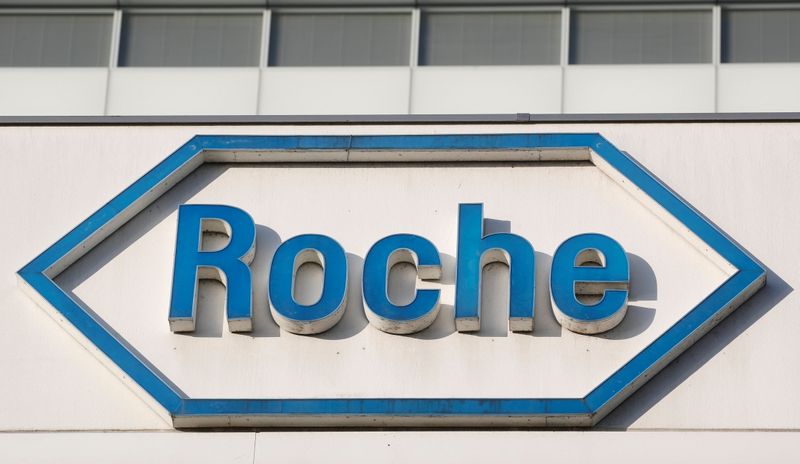This post was originally published on this site
https://i-invdn-com.akamaized.net/trkd-images/LYNXNPEG8M13E_L.jpg
AC Immune boss Andrea Pfeifer described the results of the trial of semorinemab as “surprising and disappointing”.
The drug targets “tau” proteins believed to play a role in Alzheimer’s and offers an alternative to treatments aiming to fight amyloid beta peptides in the brain.
The outcome of the Phase 2 trial – in patients with an early stage of Alzheimer’s – means the failure rate for drugs aiming to fight the brain-wasting illness, which afflicts tens of millions of people worldwide, remains at nearly 100%.
“We believe the full data analysis of this first-of-its-kind study will yield information about this promising target that will advance our understanding and inform future efforts,” Pfeifer said.
So far, Alzheimer’s drugs have nearly always stumbled in trials, though the U.S. Food and Drug Administration is now reviewing experimental treatment aducanumab from Biogen (O:BIIB) and Japan’s Eisai (T:4523), marking the first Alzheimer’s drug application in 17 years to be reviewed by the agency.
Aducanumab targets amyloid beta peptides, but nearly all similar drugs have failed, so far, including prospective medicines from Roche and AC Immune. Consequently, the companies were hoping anti-tau medicines like semorinemab would yield better results and said this result was a disappointment.
“We believe these data will contribute to the scientific understanding of the role of tau in this complex and difficult-to-treat disease,” said Rachelle Doody, head of Roche’s neurodegeneration operation.
Roche and AC Immune have other anti-tau medicines in development, along with many other companies, including Eli Lilly (N:LLY), Biogen and Johnson & Johnson (N:JNJ).

